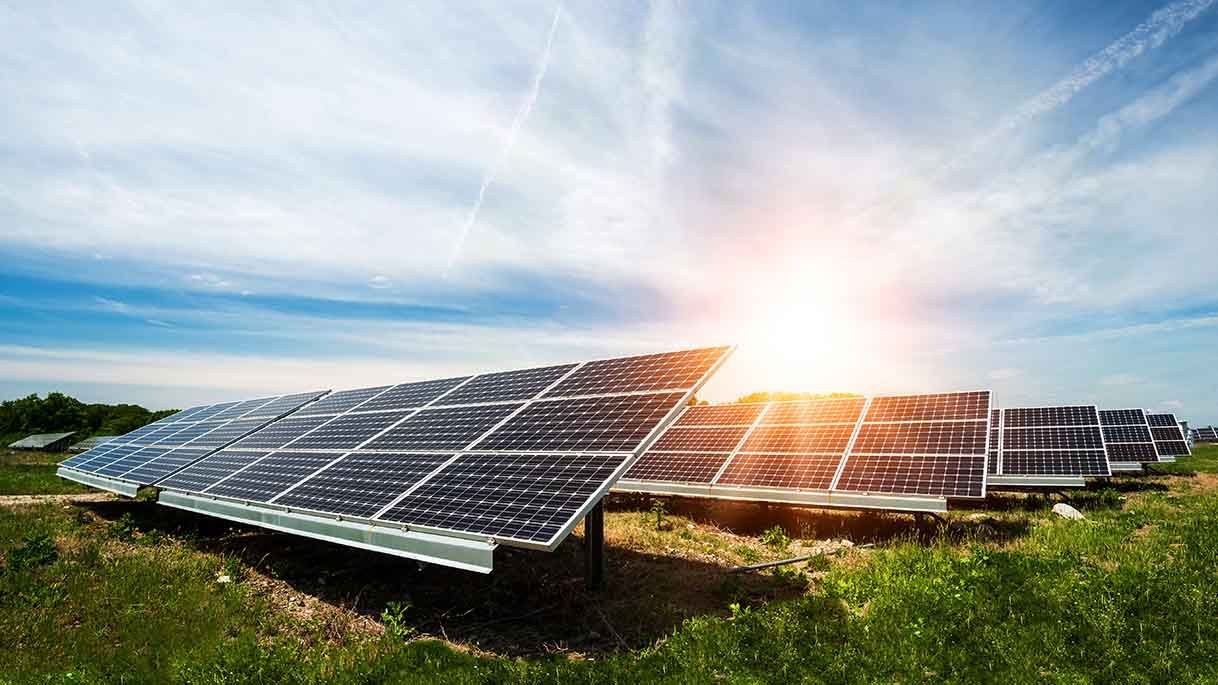Executive Brief

US-China Relations
Sanctions & RestrictionsOn 15 May Chinese media reported that US citizen John Shing-Wan Leung, born in 1945, was sentenced to life in prison on espionage charges. Leung entered China using his Hong Kong residence document and was sentenced as a Hong Kong citizen. Leung was arrested on 15 April 2021. The report did not mention whom he spied for, but the fact that the media highlighted his US passport indicates that he could be accused of spying for the US.
On 4 May China issued a joint ministerial-level directive on how Chinese state-owned enterprises and companies listed on Chinese stock markets should select their accounting firms.
With 22 articles of requirements, the directive emphasizes the requirement for security reviews of candidate accounting firms and demands that responsibility for information security by a selected accounting firm be written into contracts. In the name of promoting competition, the directive sets a term limit of 8 years and 10 years with exceptions for employing each accounting firm.
- This new directive is viewed as another Chinese government measure to restrict China operations of the Big Four — Deloitte, KPMG, Ernst & Young, and PwC. In January, Bloomberg reported that the Chinese government asked SOEs not to renew contracts with the Big Four after their expiration. In 2021 the Big Four served 30 of the top 50 SOEs, representing revenue of $3 billion. The Chinese government is extremely concerned about its data security given increasing tensions with the US.
Jinko, a private company, was established in 2006 in Shanghai and listed on the New York Stock Exchange in 2010. It is one of the world’s largest solar panel manufacturers with nine factories and sales networks in 35 countries.
In 2022 it ranked #309 on the Top 500 Chinese Companies list. In 2018 Jinko invested $63 million and set up a factory in Jacksonville with 274 employees, making it the first Chinese company, and one of few companies, making solar panels in the US. Jinko previously said it planned to invest $52 million more to expand the Jacksonville factory and add 250 more jobs before 2027.
On 10 May the US Department of Homeland Security (DHS) announced that US law enforcement authorities had raided a factory in Jacksonville, Florida and a sales office in San Francisco, California owned and operated by China’s Jinko Solar Holding Company.
DHS disclosed only that the raids were part of an ongoing federal investigation. Chinese mainland media did not report on the raids, but they were covered by Chinese language media in Hong Kong, Taiwan, and elsewhere.
US Customs and Border Protection detained some Jinko shipments from China under the US Uyghur Forced Labor Protection Act but later released the shipments.
A Jinko spokesperson said the company was “engaging constructively with relevant agencies to understand the nature of the inquiry...Jinko is committed to operating in accordance with the highest ethical standards and adhering to the laws and regulations of the countries where it operates, including the United States.”
Diplomatic TensionsTop US and Chinese diplomats met on 8 May for the first time since the Chinese spy balloon incident in February that caused US Secretary of State Blinken to cancel a planned trip to Beijing.
Since the incident, China has stonewalled US efforts to resume top-level engagement as US- China relations continued to deteriorate across the board.
- According to China’s press release on the meeting, Foreign Minister QIN Gang blamed the US for stopping the momentum in improving US-China relations initiated by President XI Jinping and President Biden during their Bali summit last November. He said, “It’s not possible to talk about communication on one hand, but to keep suppressing and containing China on the other hand.”
- Qin acknowledged that “the top priority now is to stabilize Sino-US relations, avoid a downward spiral, and prevent any accident between China and the US.” He suggested the US “handle unexpected and isolated incidents in bilateral relations in a calm, professional and pragmatic manner to avoid dealing more blows to China-US relations.” He hoped that US Ambassador Nicholas Burns would “serve as a bridge between China and the US.”
Burns afterwards tweeted, “We discussed challenges in the US-China relationship and the necessity of stabilizing ties and expanding high- level communication.” US State Department spokesman commented on the meeting, “Maintaining open lines of communication with the PRC has been a key tenet of our approach as it relates to this very complicated bilateral relationship...the ambassador spoke in his meeting about areas where our two countries can cooperate, such as addressing the challenge of the climate crisis, such as addressing cooperation when it comes to global health and public health, as well as important opportunities on food security and other things.” When asked if the US sees anything to correct on how it handles Taiwan issues as Qin questioned, the spokesman replied, “There absolutely isn’t.
Download our recent executive brief to keep reading.